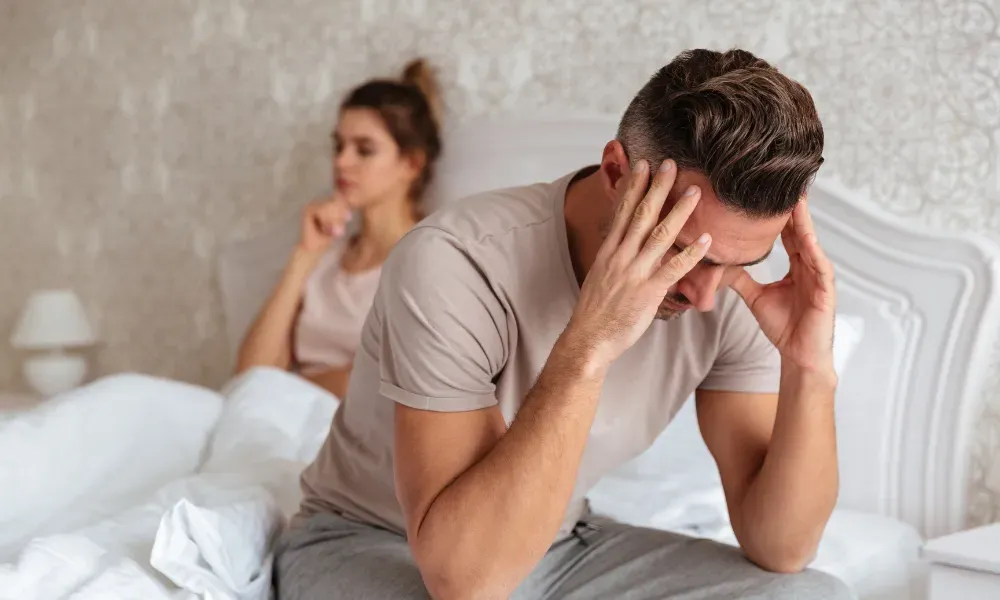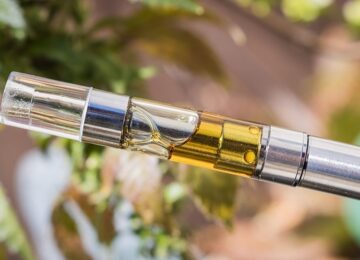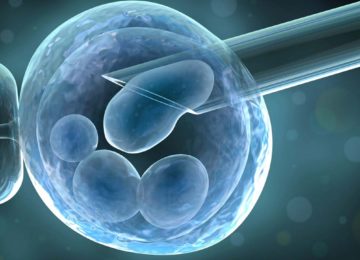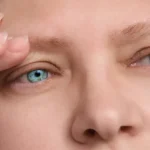Decline in testosterone level, known as ‘low T’, has become a major concern for men as they grow older. Low levels are frustrating as they lead to fatigue, low libido, mood swings, muscle loss, and difficulty concentrating. Although considering treatment like testosterone replacement therapy (TRT) from well-recognized places like Evan Bass Men’s Clinic is always there, many men try natural ways before undergoing it. The good news is that often, low testosterone is something one can fix with lifestyle changes and holistic approaches. Here is a guide:
Understanding Low Testosterone
Starting in their 30s, men’s testosterone naturally starts declining with age. However, lifestyle factors can severely accelerate this decline: poor diet, lack of exercise, chronic stress, and poor sleeping habits. Other causes can be obesity, alcoholism, and exposure to chemicals interfering with endocrine functioning. Before concluding it as a permanent condition, it is worth noting that among the many causes leading to T, one is poor lifestyle and, therefore, reversible by bringing the daily routines in track.
1.Get Quality Sleep
Sleep is by far one of the greatest and most underrated influencers on hormonal health. Testosterone production mainly takes place during deep sleep, in the early hours of the morning.
What to do:
Ideal sleep hours should range between 7 to 9 hours every night. Following a consistent sleep and wake schedule, avoiding exposure to screens for at least an hour before sleeping, and creating a sleeping-friendly ambiance, which should be quiet, cool, and dark, can support recoup hormone balance.
-
Resistance Training and HIIT
According to Evan Bass Men’s Clinic, regular workouts contribute immensely when it comes to testosterone levels. Resistance training, in particular compound exercises such as squats, deadlifts, and bench press, has been known to trigger testosterone production. High-intensity interval training (HIIT) has also been proven to be great for increasing T levels.
What to do:
Include strength training 3–4 times a week in combination with 1–2 sessions of HIIT. Be consistent, and never overstrain because excessive physical stress can increase cortisol and lower testosterone.
-
Optimize Nutrition
What a person eats throughout the day has a direct impact on hormone levels. Diets low in healthy fats or nutrient-deficient foods can impair testosterone production.
What to do:
Go with a completely balanced and whole-food diet, which includes healthy fats (think avocados, nuts, olive oil, and fatty fish), lean proteins, and complex carbohydrates. It is recommended to consume nutrient-dense foods like zinc (found in oysters, beef, and pumpkin seeds) and vitamin D (from sunlight or in supplement form), as these nutrients all play an important role in testosterone synthesis.
-
Manage Stress and Lower Cortisol
Chronic stress can raise cortisol levels, which may lower testosterone over time. Remember, taking care of mental and emotional health is just as important as looking after physical health.
What to do:
Try stress-relief methods like meditation, deep breathing, yoga, or spending time outside regularly. Just 10–15 minutes of mindfulness or meditation daily can help keep stress hormones in check.
-
Reduce Alcohol and Avoid Toxins
Say ‘No’ to too much alcohol consumption and avoid all kinds of contact with endocrine disruptors such as BPA contained in plastics, since they can disrupt hormone production.
What to do
Restrict alcohol to moderate amounts or avoid it altogether. Bring home glass or stainless-steel containers instead of plastic, and use natural personal care and cleaning products as far as practicable.
When to Seek Medical Care
Although natural methods can prove to be very effective, some men might continue to suffer from low testosterone even with lifestyle changes. If this persists, it is advisable to see a medical professional for appropriate testing and advice. In critical situations, medical treatment like TRT is most sought-after to live a quality life.
Low testosterone can be treated in natural ways as stated above. With consistency and the right approach, it is possible to support hormonal health without having any medical intervention.












